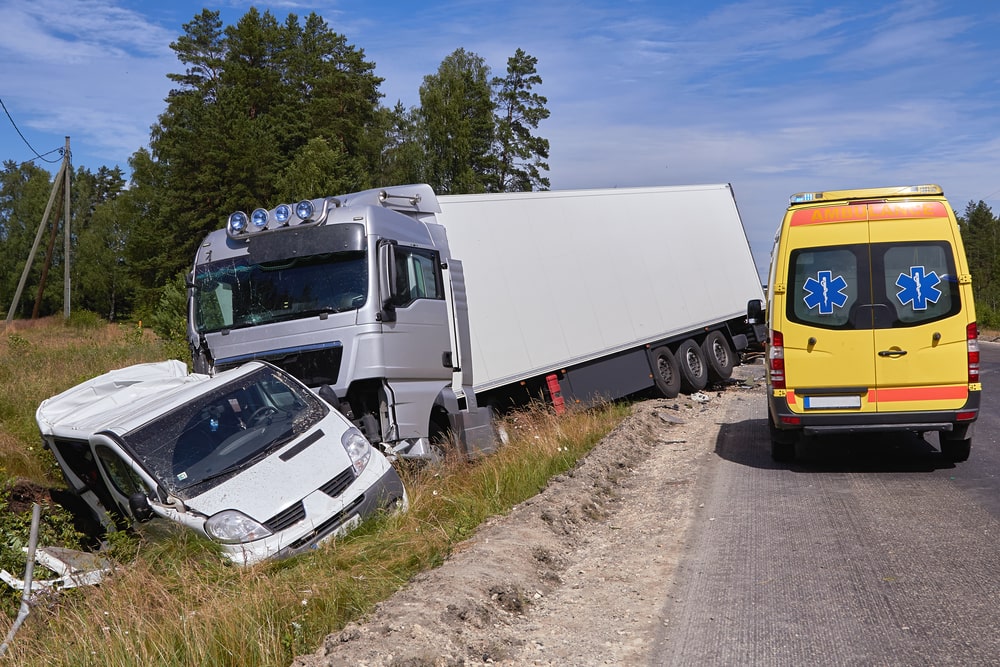What Evidence Is Most Important After A Truck Accident?

Gathering the right evidence after a semi truck accident can make all the difference in the outcome of your claim, as proving fault and showing the extent of your injuries often depends on what information is collected and how it’s preserved. A personal injury attorney can help guide you through this process, but knowing what types of evidence matter most can help you start off on the right foot.
Police Reports And Official Records
One of the first and most important pieces of evidence is the police report. This document provides an official record of what happened, including the date, time, and location of the accident, as well as the parties involved. Officers often include their observations about the scene, statements from drivers and witnesses, and sometimes even a preliminary determination of fault. If any citations were issued to the truck driver or another motorist, those details can be valuable as well. Be sure to obtain a copy of the report as soon as it’s available, as it may serve as the foundation for your case.
Photographs And Video Footage
Visual evidence can be one of the strongest tools in a truck accident claim. Photos and videos help recreate the scene and show details that might otherwise be forgotten over time. Take clear pictures of the vehicles, road conditions, skid marks, traffic signals, and any visible injuries. If there were nearby businesses or traffic cameras, that footage might capture the accident as it happened. This kind of evidence can help establish how the collision occurred and support your version of events.
Eyewitness Statements
Witnesses who saw the crash can provide independent accounts that strengthen your case. Their statements can help clarify who was at fault and confirm details that may be disputed by the trucking company or their insurer. Collect the names and contact information of anyone who stopped to help or saw the moments leading up to the collision. Your truck accident lawyer can later follow up to obtain formal statements or depositions if needed.
Medical Records And Documentation
Medical evidence is essential for proving the connection between the accident and your injuries. Seek medical attention immediately after the crash, even if you don’t think you’re seriously hurt. Some injuries, such as whiplash or internal trauma, can take time to appear. Keep copies of all medical records, bills, prescriptions, and treatment notes. These documents not only show the severity of your injuries but also demonstrate the financial impact of your recovery.
Trucking Company And Driver Information
In truck accident cases, evidence from the trucking company can reveal whether negligence played a role. This might include the driver’s logbooks, employment records, and the truck’s maintenance history. Electronic logging devices, also known as “black boxes,” record data about the truck’s speed, braking, and hours of operation. Attorneys like our friends at Mickey Keenan P.A. can attest that obtaining this data quickly is crucial, as companies are only required to keep it for a limited time.
Why Strong Evidence Matters
Truck accident claims often involve multiple parties and large insurance companies. Without solid evidence, it can be difficult to prove liability or recover full compensation for any resulting injuries. The more detailed and organized your evidence is, the better your chances of building a strong case. From documenting the scene to preserving electronic records, every step you take after the crash can influence the outcome.
If you’ve been involved in a truck accident, gathering the right evidence early on can make a major difference in your recovery—both physically and financially. Consider speaking with a qualified attorney in your area who can help you protect your rights every step of the way.







